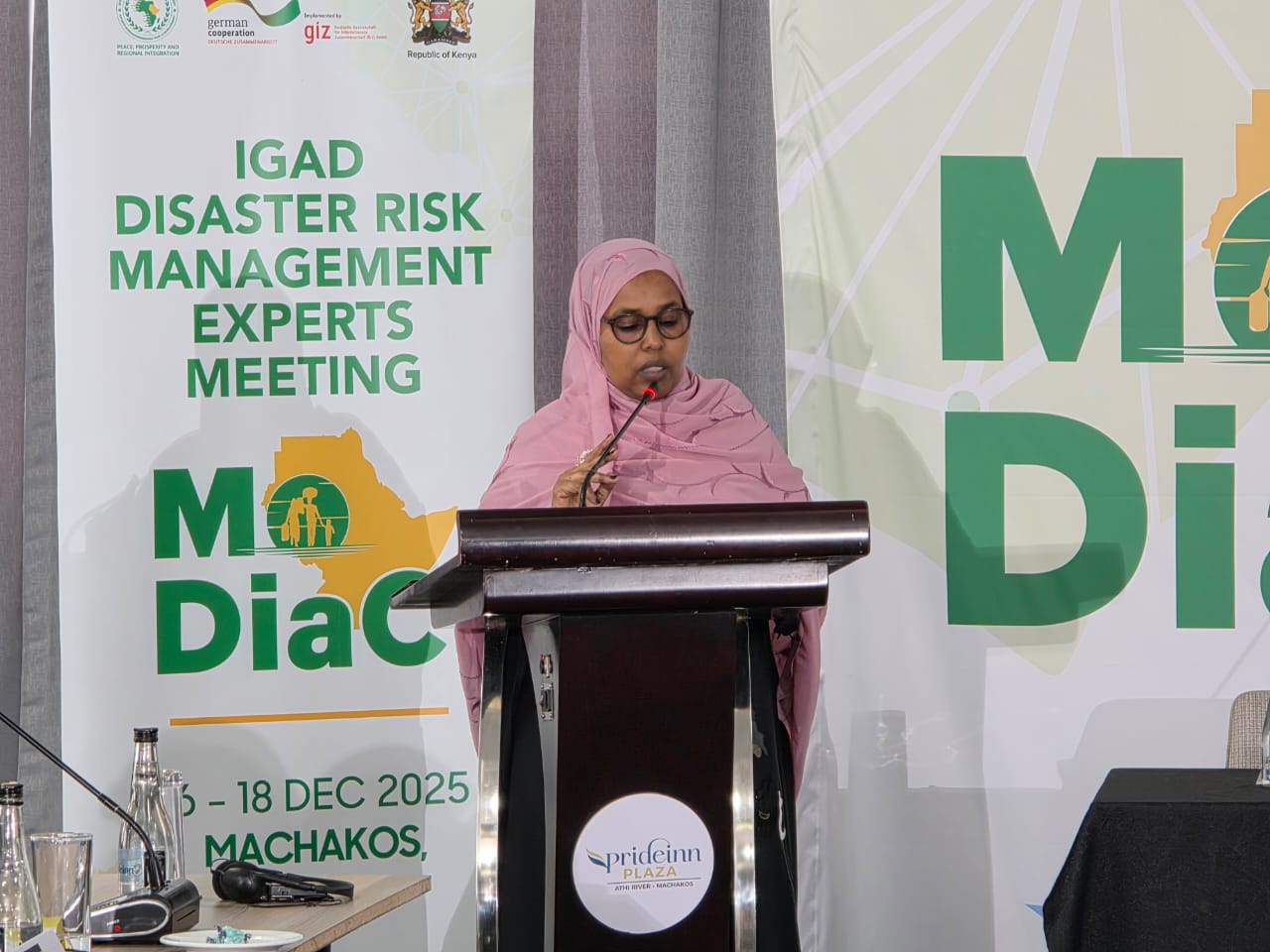Wandayi's challenge: Will he break the cartel stranglehold on Kenya's energy sector?

The government, including during former President Uhuru Kenyatta's tenure has been facing criticism from Kenyans over a sharp increase in the cost of electricity in the country.
If Parliament approves President William Ruto's candidate for Energy Opiyo Wandayi, he would square off against the energy cartels he has repeatedly blamed for the country's high electricity prices.
Wandayi told Parliament in March of last year that Kenya's energy sector is infected with cartels.
More To Read
- Kenya moves to end power shortages and lower electricity costs
- CS Wandayi, senators clash over county wayleave fees in Energy Bill debate
- Government proposes special levy on fuel, electricity to fund energy projects
- Electricity consumption surges, pushing Kenya’s grid to record levels
- Energy CS Opiyo Wandayi under fire as MPs question impact of Sh1.4 trillion oil deal
- Row over government's decision to lease strategic LPG handling facility to Nigerian firm
The Ugunja MP and National Assembly Minority Leader went on to say that he has a dossier demonstrating how deeply established the cartels are and how they had dominated the electricity sector, making it difficult to lower power prices.
He also threatened to table a report detailing how some cartels do business with state enterprises and managers while milking Kenyans dry.
The MP stated that the Kenya Kwanza government is at risk of being hijacked by cartels, which he claims have been blamed for excessive energy bills for decades.
"The energy sector has been captured by cartels, they are transitioning from one regime to another," Wandayi said while contributing to the supplementary budget appropriations bill.
"They are lethal and dangerous, we must gather the courage to deal with them once and for all, if we are to deal with the high cost of energy," he said.
The government, including during former President Uhuru Kenyatta's tenure has been facing criticism from Kenyans over a sharp increase in the cost of electricity in the country.
In June 2022, the government introduced a 15 per cent subsidy to reduce the cost of power. However, with the removal of the subsidy and the introduction of new tariffs in April 2023, the price of power bills has increased by 77 per cent.
Electricity prices in Kenya surged to record highs in January 2024. Domestic customers in the country are spread across three categories; Domestic Lifeline, Domestic Ordinary 1, and Domestic Ordinary 2. All three experienced significant increases, with hikes of 17 per cent, 13 per cent, and 12 per cent respectively.
However, the tariff hike disproportionately impacted low-income earners, often categorised under the Domestic Lifeline tariff. They experienced a 17 per cent increase in electricity tariffs. These individuals typically earn below Sh 47,000 ($322.23) monthly, consume 0-30 kWh monthly, and constitute 71.3 per cent of the total customer base.
Wandayi will also discuss how the high cost of acquiring and refilling gas cylinders has prevented many Kenyans from getting LPG, impeding the move from traditional cooking techniques such as charcoal to cleaner cooking gas.
Electricity prices in Kenya have been increasing over the years and have been attributed to heavy reliance on thermal power generation. The country heavily relies on thermal power generation, which is more expensive than renewable energy sources such as hydroelectric, wind, and solar. Thermal power generation involves burning fossil fuels like diesel and heavy fuel oil, which are costly to import and have associated environmental impacts.
Another reason attributed to the rising cost of power is the fluctuating international fuel prices that directly impact the cost of electricity generation, especially for thermal power plants. Kenya imports a significant portion of its fuel, which exposes the country to price volatility and exchange rate fluctuations.
Kenya has also been blamed for poor policy and regulatory environment in its energy sector. Policy and regulatory frameworks play a crucial role in shaping the energy sector. In Kenya, regulatory issues, subsidies, and pricing mechanisms can impact the cost structure of electricity.
Top Stories Today















































